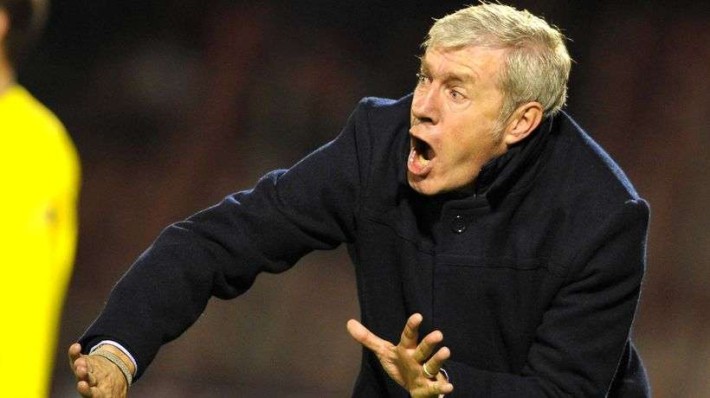Goalkeepers may soon face a stricter time limit for clearing the ball, with a potential rule change introduced by the International Football Association Board (IFAB).
The independent body overseeing football’s rules has proposed reducing the time goalkeepers can hold the ball to just eight seconds, with penalties for exceeding the limit.
If the proposed rule is adopted, goalkeepers holding onto the ball beyond eight seconds could give away a corner kick to the opposing team.
The measure aims to deter time-wasting and enhance the pace of the game, a move IFAB believes will benefit spectators and ensure fair play.
In a statement, the IFAB explained the rationale behind the proposed rule:
A goalkeeper holding the ball for too long is a waste of time and an unsportsmanlike tactic.
As long as the goalkeeper holds the ball, no opponent can challenge him for possession.
This behaviour also causes frustration among spectators.
The change has already been tested in youth football tournaments in Malta and England’s U21 category.
These trials reportedly produced positive outcomes, with IFAB highlighting the rule’s deterrent effect.
Patrick Nelson, a prominent member of the IFAB, praised the initial results.

The data shows that very few corners are conceded, which proves that the rule has a deterrent effect.
This is exactly what we are looking for,” he stated.
Further testing is set to take place in Italy’s U20 competitions.
This new round of trials will feature a slight variation, where goalkeepers who exceed the limit would concede a throw-in rather than a corner.
The results will help IFAB decide whether the rule should be implemented universally across professional football.
If introduced, the rule is likely to spark debate among goalkeepers and coaches.
Critics argue that it could unfairly penalize keepers in situations where quick distribution isn’t feasible due to tactical constraints or pressing opponents.
Conversely, supporters believe the rule would discourage time-wasting and contribute to a faster, more dynamic style of play.
While the measure is still under review, the potential shift signals IFAB’s ongoing commitment to adapting football’s rules to modern demands.
Whether the change becomes a fixture in professional matches remains to be seen, but its implementation would undoubtedly alter the dynamics of goalkeeping in the sport.












